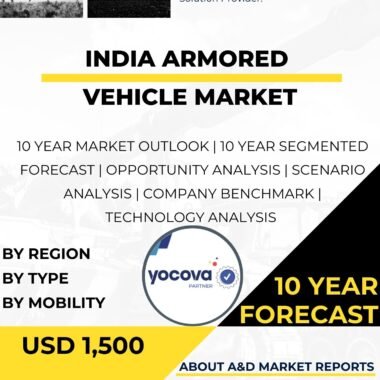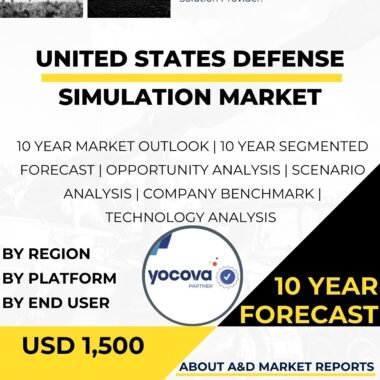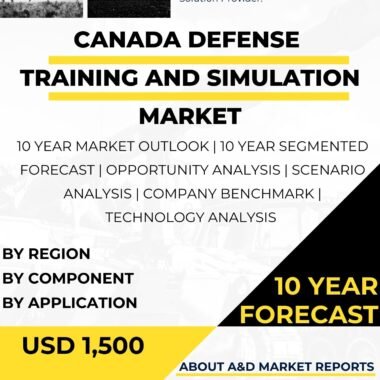Description
Spain Armored Vehicle Market
The Spain armored vehicle market has witnessed significant growth and evolution over the years. With a focus on enhancing defense capabilities and ensuring security, the demand for armored vehicles has increased across various sectors, including military, law enforcement, and homeland security. This article provides a comprehensive analysis of the Spain armored vehicle market, covering its key drivers, challenges, major players, and future prospects.
The Spain armored vehicle market has experienced steady growth due to several key factors. Firstly, the country’s commitment to modernizing its defense infrastructure and bolstering its military capabilities has led to increased procurement of armored vehicles. Additionally, Spain’s participation in peacekeeping missions and international collaborations has driven the need for advanced armored vehicles that can withstand a range of threats.
The rising concerns over terrorism and asymmetric warfare have prompted the law enforcement and homeland security agencies to invest in armored vehicles to counter potential threats effectively. Moreover, the increasing number of armed conflicts in neighboring regions has amplified the demand for advanced armored vehicles in Spain to ensure territorial security.:
The Spain armored vehicle market encompasses a wide array of vehicles catering to different requirements. These vehicles can be categorized into three main types:
MBTs are heavily armored, powerful, and mobile combat vehicles designed for front-line operations. Spain’s army relies on modern MBTs to provide firepower, protection, and mobility during ground operations.
IFVs are armored personnel carriers equipped with weaponry to support infantry in combat. The Spanish Armed Forces utilize IFVs to enhance troop mobility and combat effectiveness on the battlefield.
These vehicles include armored personnel carriers (APCs) and mine-resistant ambush-protected (MRAP) vehicles, designed to transport troops safely in hostile environments. They are commonly used by law enforcement and security agencies for various missions.
The Spain armored vehicle market is highly competitive, with both domestic and international players vying for contracts and tenders. Some of the major players in the market include:
This Spanish company specializes in the development of defense electronics and systems, including command and control solutions for armored vehicles.
A subsidiary of the Italian company Iveco, it manufactures tactical armored vehicles, including the 8×8 Wheeled Armored Personnel Carrier (VCZAP).
A Turkish defense company that has supplied ARMA 8×8 IFVs to Spain.
Despite the growth potential, the Spain armored vehicle market faces some challenges. Economic uncertainties, budget constraints, and competing defense priorities might impact the pace of procurement. Additionally, Spain’s adherence to stringent export regulations and licensing processes could hinder international collaborations and sales.
However, the future prospects of the market remain promising. Technological advancements such as autonomous systems, advanced protection technologies, and modular designs are likely to shape the future of armored vehicles. The market is also expected to witness increased demand for multi-role and adaptable vehicles capable of addressing a wide range of threats.
The Spain armored vehicle market has seen significant growth in recent years, driven by a commitment to modernize defense capabilities and address security concerns. The demand for various types of armored vehicles, including MBTs, IFVs, and tactical armored vehicles, is set to grow further. While challenges exist, the market’s future prospects are positive, with technological advancements expected to play a pivotal role in shaping the industry’s trajectory.




